Evans Growers Supporting their Community
Farmer Glenn Volpe shows one of the pepper plants being grown in one of the 54 Green houses on the Evans Growers farm.
March 12, 2021
*One of the largest indoor growing facilities, Evans Growers, in Claxton Georgia, currently grows different crops in 54 greenhouses and hoophouses to provide organic and conventional year-round harvest.
“There’s a difference between a hoophouse and a greenhouse. In a hoophouse however hot it gets it gets and however cold it gets it gets, but in a greenhouse, you can control the temperature according to your volume or plants inside it.” Farmer Glenn said. Both houses could have the same structure, but a greenhouse has evaporation units and heating fans to control the temperature. Different kinds of crops grow better within a certain house. Tropical plants grow better in a greenhouse because they need a controlled humid environment to grow well, whereas hardy plants can survive in a hoophouse with no temperature control.
In the beautiful farmland of southeast Georgia, there is a plethora of walnut trees and livestock, but in Claxton, what really matters is local agriculture. Evans Growers staff consists of Production Supervisor, Angelica Garcia, Operations Manager, Glenn Volpe, and 14 other workers. “Angelica is actually responsible for the allotment of tasks that we have with the employees, and she manages 14 right now.” Farmer Glenn said. Evans Growers intentionally hires locally.
Evans Growers is a customer-based organization, their current customer order is varieties of peppers including; Habanero, multiple species of Banana peppers, sweet yellow pepper as well as different kinds of herbs including; sage, rosemary, and Italian basil. These crops are grown in either a hoophouse or a greenhouse. But, they also have a special greenhouse on the farm, “…our experimental house, down there we do all our trials and errors, and anything that is productive then we transfer it to a house, and we produce volume.” This experimental house contains volume (plants) that are not on customer order, but the farm wants to produce in the future. “In the back, we have two varieties of shallots, some Japanese peppers, parsley, this is Braid garlic, Easter Egg radishes, and then Italian Purse tomatoes, so if any of these take off and really do well and produce then we transfer a large volume. In here we have a total of 500 plants. If these took off and did really well then we would transfer several 1,000 into a greenhouse and produce.” Mr. Glenn said.
Evans Growers’ mission has been to provide healthy produce for their community. The farm also supports the environment by innovating their farms to reduce carbon footprint and eliminating all toxic gases from getting into their harvest. “For the community, we’ll be able to provide food. That’s an immediate benefit, and then it’ll create support amongst each other.” Farmer Glenn stated, “so we all help and take care of each other.” Ultimately, the farm wants to connect to Georgian schools and use them as a bridge between the farm and new customers. “The farm will help Georgian schools in many new ways including sponsorships, art contests as well as providing fresh and healthy produce. Not only will this connection benefit the schools, but also the farm.” Farmer Glenn said. Being connected to their community is crucial. “This connection will benefit us directly by having local support from the community, and hopefully it will spark interest in younger farmers to keep the production of food going.” Mr. Glenn said.
In Georgia, the 7th grade Science curriculum is Earth Science. At JC Booth, “The 7th grade STEM students will be growing microgreens in Technology. Students will research best growing techniques for indoor microgreens… and apply what they learned to their mini garden.” 8th grade STEM teacher, Mrs. Butera said.
“Agricultural is an important industry and an interesting career path, and it’s adapting to new conditions in the evolving world.” Farmer Glenn said.




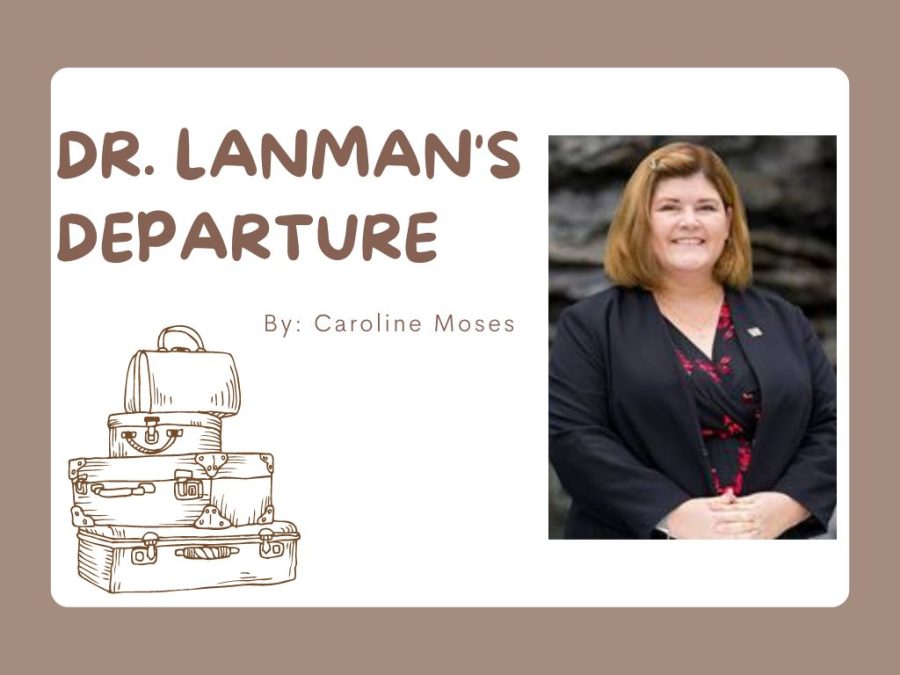
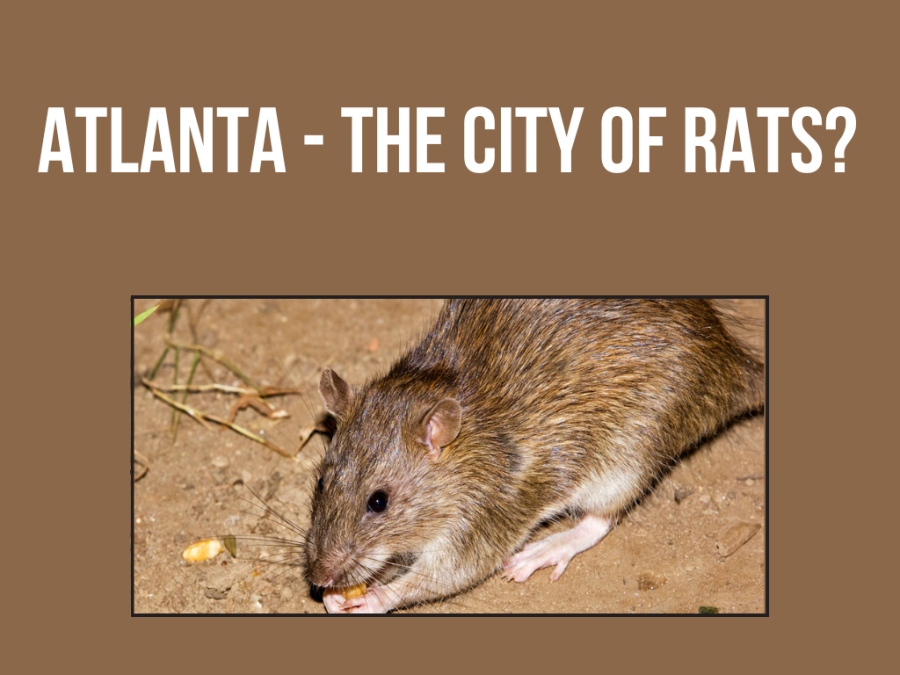






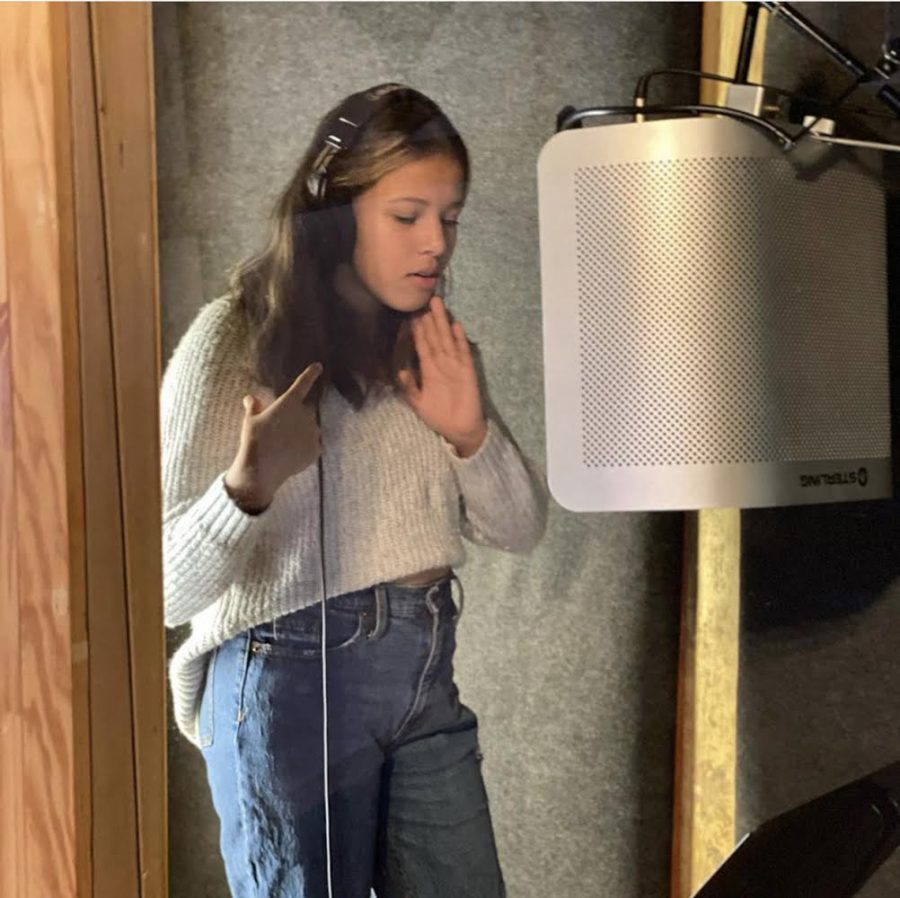


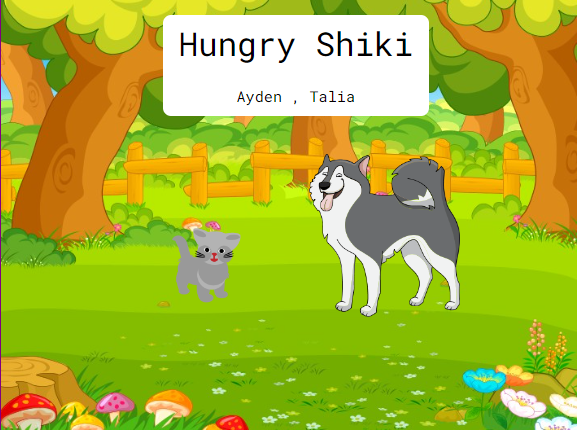



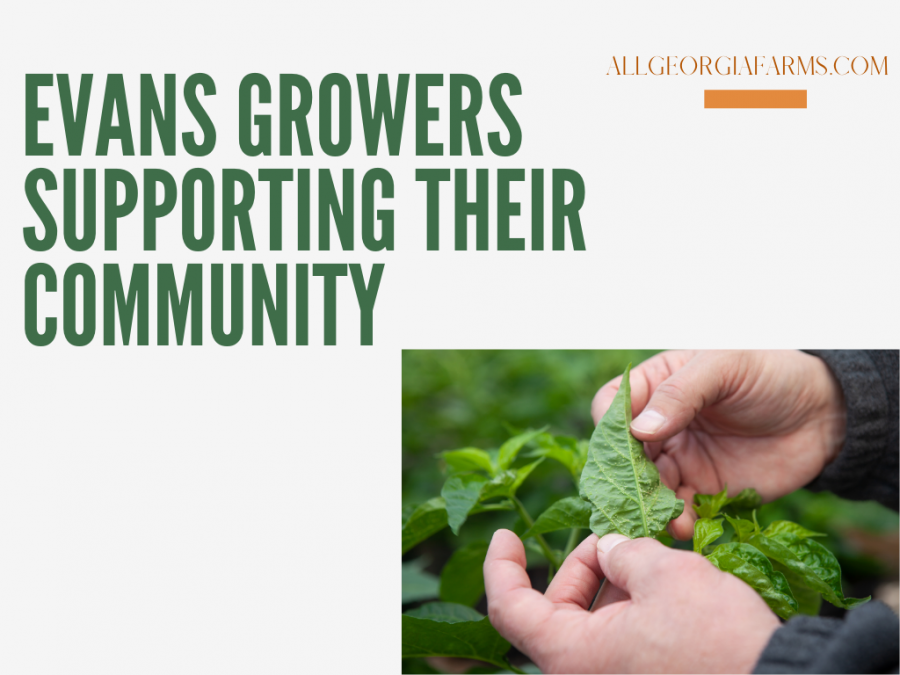
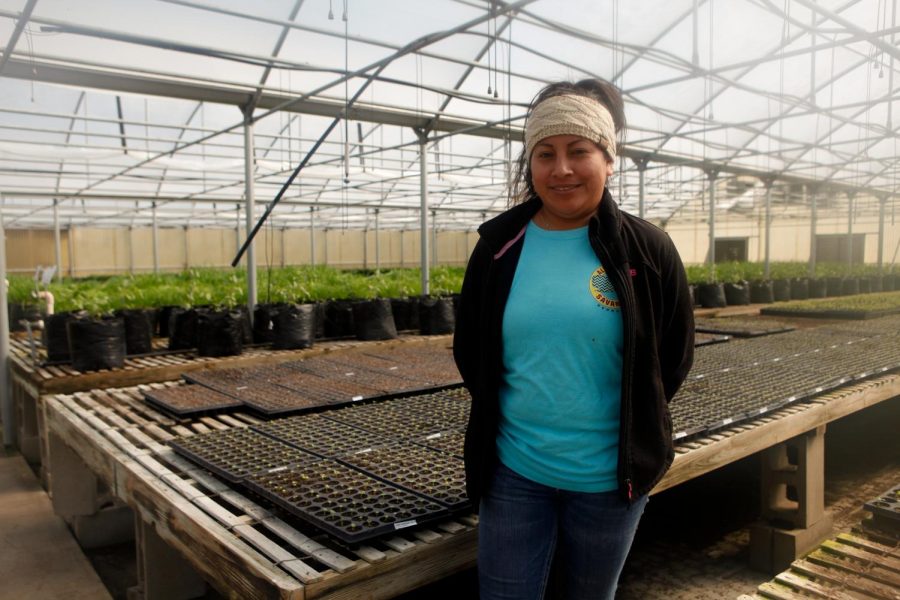

CoJo • Aug 15, 2021 at 5:19 pm
Thank you so much for paying it forward to us.
CoJo • May 19, 2021 at 6:15 pm
Thanks for that. You are absolutely right about that. Where exactly did we misspell that?
Jessica Yuan • Mar 22, 2021 at 2:25 pm
Hastee, that is amazing! Your article really captures what Farmer Glenn and other people said. I can’t believe that a sixth-grader wrote this! I like how you stated some dialogue to help explain your sentences better. Keep up the good work!